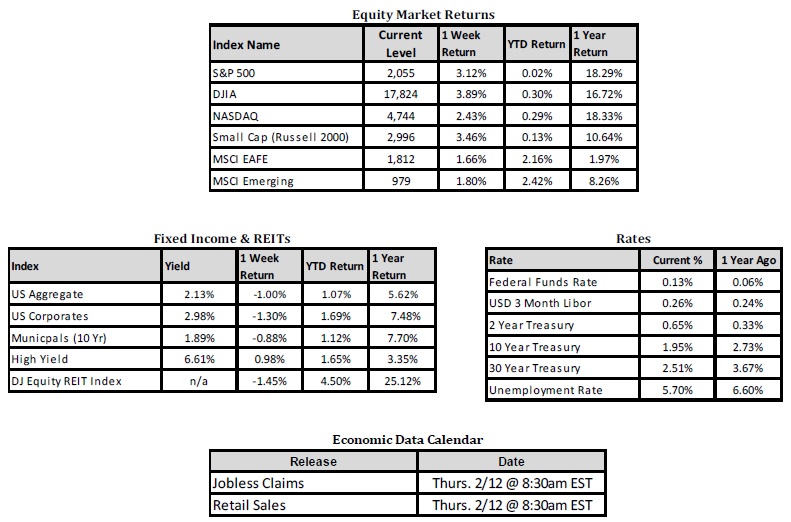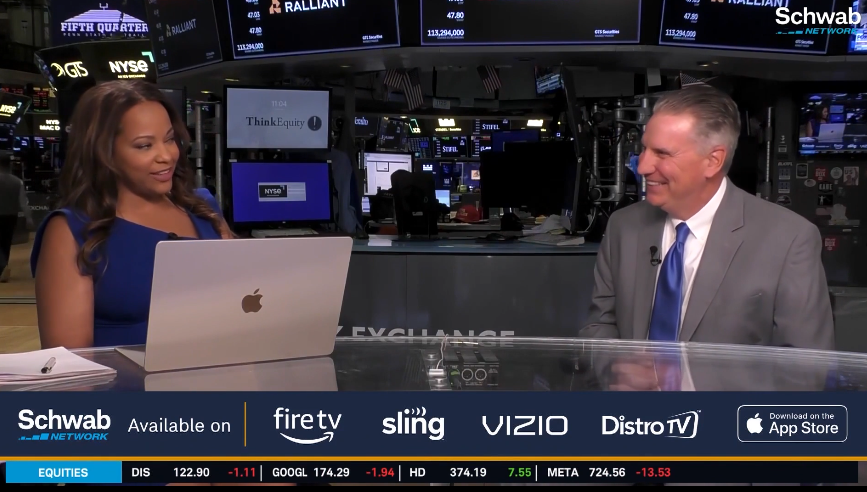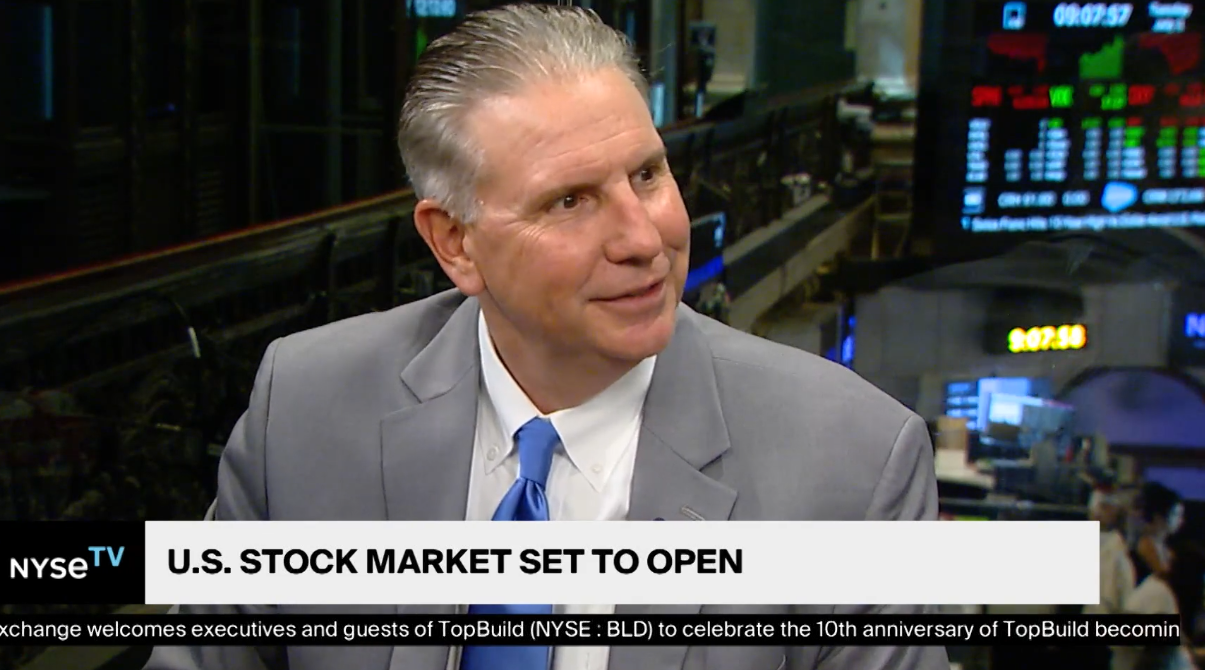
Capital Markets Update – Week of 2/9/2015
Market Overview
Sources: Rates Data and Economic Calendar—Bloomberg Markets as of 2/10/15; Equity Market, Fixed Income and REIT returns from JP Morgan as of 2/6/15.
Happening Now
U.S. Markets and the European Economy in Focus
Equity Markets in the U.S. broadly gained value last week as the S&P 500 saw its largest weekly increase since December of 2014. This is only the second time the S&P 500 notched a positive weekly gain in 2015 and now is up 0.02% for the year. In terms of sector performance, Telecommunication (+5.5% YTD) and Materials (+2.6% YTD) are the best performing groups while Financials (-2.7% YTD) and Utilities (-2.2% YTD) are down the most since the start of 2015. On the alternative investment and commodity front, returns are mixed with WTI crude oil trading at $49.25 a barrel and Brent crude oil trading at $51.74 a barrel (both down 0.7% YTD). Gold, after finishing January higher by 9.7% has since given back about half of that return to trade up 4.8% YTD as of the time of this writing. Finally REITs (as measured by the ETF RWR) are up 4.4% on the year, after returning over 27% in 2014. The asset class has sold off recently after a stronger than expected jobs report last Friday prompted concern that the first Federal Reserve interest rate hike could come sooner than anticipated. We believe that the selloff in this asset class (down 4.5% since hitting a high on January 26) is largely overdone and expect REITs to continue to offer positive risk adjusted returns in 2015 and likely throughout the Fed tightening cycle.
In terms of international markets, we continue to evaluate the economic environment in Europe as the region battles deflation in a low growth environment through quantitative easing. Despite the persisting economic and geopolitical concerns, the falling price in oil and lower currency value should benefit the group. JP Morgan points out in a February 6 research note that oil imports in the Euro area accounted for 3.1% of gross domestic product (GDP) from October of 2013 through October of 2014. With oil now trading 50% lower than it was over that time period, the price cut, which amounts to 1.5% GDP, should increase Europe’s current fiscal account balance by the same amount. This, combined with a more attractive export environment resulting from the decline in the value of the Euro, provides for a desperately needed tailwind to the region’s equity markets.
Important Information and Disclaimers
Past Performance is not a guarantee of future performance.
Investing in foreign securities presents certain risks not associated with domestic investments, such as currency fluctuation, political and economic instability, and different accounting standards. This may result in greater share price volatility. These risks are heightened in emerging markets.
There are special risks associated with an investment in real estate, including credit risk, interest rate fluctuations and the impact of varied economic conditions. Distributions from REIT investments are taxed at the owner’s tax bracket.
The prices of small company and mid cap stocks are generally more volatile than large company stocks. They often involve higher risks because smaller companies may lack the management expertise, financial resources, product diversification and competitive strengths to endure adverse economic conditions.
Investing in commodities is not suitable for all investors. Exposure to the commodities markets may subject an investment to greater share price volatility than an investment in traditional equity or debt securities. Investments in commodities may be affected by changes in overall market movements, commodity index volatility, changes in interest rates or factors affecting a particular industry or commodity.
Products that invest in commodities may employ more complex strategies which may expose investors to additional risks.
Investing in fixed income securities involves certain risks such as market risk if sold prior to maturity and credit risk especially if investing in high yield bonds, which have lower ratings and are subject to greater volatility. All fixed income investments may be worth less than original cost upon redemption or maturity. Bond Prices fluctuate inversely to changes in interest rates. Therefore, a general rise in interest rates can result in the decline of the value of your investment.
Definitions
MSCI- EAFE: The Morgan Stanley Capital International Europe, Australasia and Far East Index, a free float-adjusted market capitalization index that is designed to measure developed-market equity performance, excluding the United States and Canada.
MSCI-Emerging Markets: The Morgan Stanley Capital International Emerging Market Index, is a free float-adjusted market capitalization index that is designed to measure the performance of global emerging markets of about 25 emerging economies.
Russell 3000: The Russell 3000 measures the performance of the 3000 largest US companies based on total market capitalization and represents about 98% of the investible US Equity market.
ML BOFA US Corp Mstr [Merill Lynch US Corporate Master]: The Merrill Lynch Corporate Master Market Index is a statistical composite tracking the performance of the entire US corporate bond market over time.
ML Muni Master [Merill Lynch US Corporate Master]: The Merrill Lynch Municipal Bond Master Index is a broad measure of the municipal fixed income market.
Investors cannot directly purchase any index.
LIBOR, London Interbank Offered Rate, is the rate of interest at which banks offer to lend money to one another in the wholesale money markets in London.
The Dow Jones Industrial Average is an unweighted index of 30 “blue-chip” industrial U.S. stocks.
The S&P Midcap 400 Index is a capitalization-weighted index measuring the performance of the mid-range sector of the U.S. stock market, and represents approximately 7% of the total market value of U.S. equities. Companies in the Index fall between S&P 500 Index and the S&P SmallCap 600 Index in size: between $1-4 billion.
DJ Equity REIT Index represents all publicly traded real estate investment trusts in the Dow Jones U.S. stock universe classified as Equity REITs according to the S&P Dow Jones Indices REIT Industry Classification Hierarchy. These companies are REITSs that primarily own and operate income-producing real estate.




